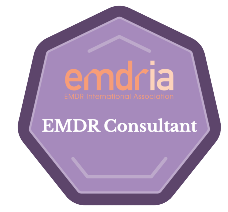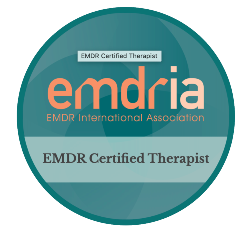Mental Health and Young Age: Do Children Respond Better to Therapy?
Studies have shown that the efficacy of psychotherapeutic treatments is uniquely beneficial to children compared to adults. In general, the quality of response to psychotherapy for children is typically much better than with adults. This improved response to therapy can be attributed to multiple factors.
One of these is children’s developmental stage compared to adults. Typically, young people still benefit from the plasticity of their brains, meaning their brains are exceptionally responsive to new stimuli and are developing rapidly. Knowledgeable Denver therapists affirm that this allows the therapist and patient to adjust to and understand one another quickly.
Another factor is how children handle their emotions during therapy sessions. Unlike adults, who are often deeply entrenched in a cycle of rumination, children usually respond more openly to a therapist’s guidance. They can take better advantage of assistance such as cognitive restructuring and emotional identification techniques.
Finally, children are more open to behavior shifts than adults, especially when these are linked to positive practices, such as focusing on complementing others or affirming values. This can enable the therapist and child to establish the groundwork for long-term emotional change.
Overall, research has shown that children gain a great deal from psychotherapeutic treatments. Children typically respond more readily and enthusiastically than adults, creating a better environment for the therapist to help the child address various complex issues.





